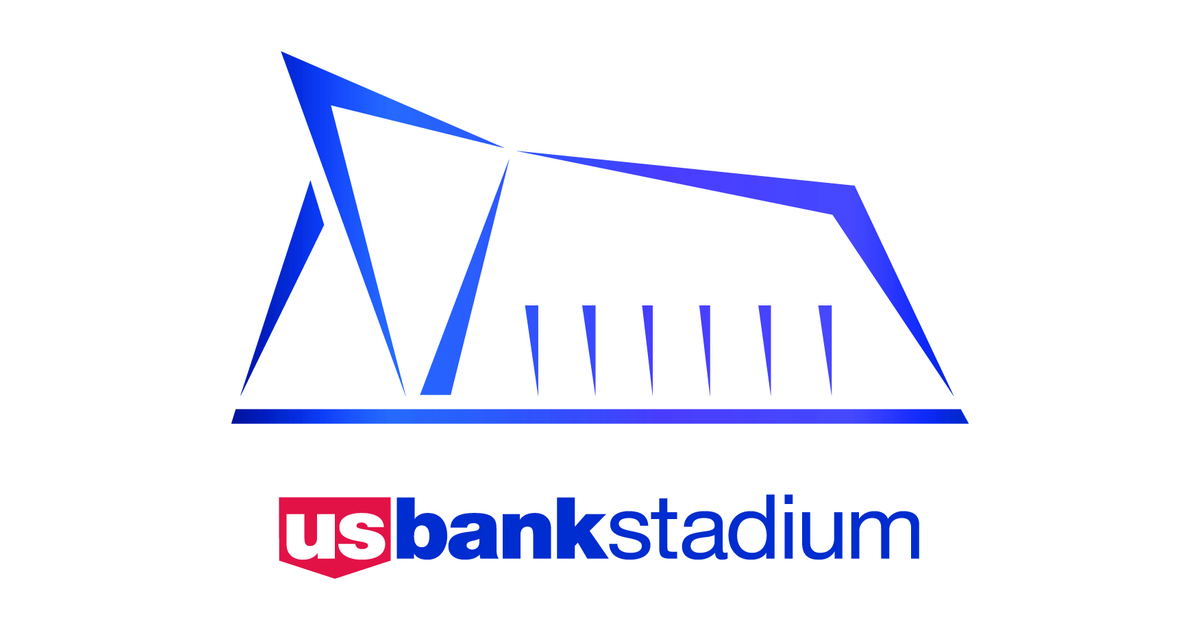ECOWAS axle load harmonisation to take off in 2026
By Laudia Sawer
Tema, May 15, GNA – The Ghana Highway Authority (GHS) has revealed that the harmonisation of axle loads and control of dimensions and weight within the sub-region will commence in 2026.
Madam Elizabeth Arjarquah, the Axle Load Manager at the Ghana Highway Authority, disclosed that member states would agree on a common date for the commencement in 2026 to ensure uniformity.
Madam Arjarquah, revealing this at a sensitisation education programme for transit truck drivers by the Ghana Shippers Authority (GSA), indicated that before the Act would be passed into law by the country for its implementation, stakeholders would be adequately consulted and sensitised on it.
She said overloading of axles was destroying the road network; therefore, there was a need to have a harmonised standard weight across the region to protect the roads, adding that axle overloading mostly begins at the loading point and it’s mostly caused by agents and truck loaders.
According to her, drivers driving trucks that are not overloaded mostly go through axle load stations smoothly, stressing that “Overloading is damaging our roads and increasing road maintenance costs as well as safety issues on our roads. And this is not only happening in Ghana but all member states of ECOWAS.”
She indicated that the objectives of the act included harmonising the dimensions of trucks, the weight of loaded trucks and the axles of loaded trucks as well as harmonising sanctions imposed for non-compliance of heavily loaded trucks.
“So once the law is passed, every vehicle shall be subject to technical inspection by the competent administration in the member state; in Ghana, we say DVLA. At registration, your dimensions will be taken, your unloading weight with a full tank
will also be taken, and the total loading weight, which is the approx. weight, will also be taken so DVLA will issue you a dimensions plate, and the dimensions plate will be displayed on your vehicle,” she said.
The axle load manager further stated that another plate, known as the third plate, would also be issued to the trucks, and the weight at full tank as well as the type of axle would also be displayed on the vehicle.
She explained that when the truck gets to any axle load station, there will not be any disputes on the accurate weights, indicating that the ECOWAS member states also noticed that picking an axle was a big challenge destroying the roads, and so a law would be passed for all trucks with liftable axles to be automatic.
“So as soon as you load to the maximum limit, it will automatically be loaded onto the road, so if you are found on the road without this automatic axle, whatever fine is paid, you will pay it double.
”
Touching on the truck dimensions, she said if a truck is impounded at the axle load station as a result of overwidth or overheight, the authority would ask the driver to bring a new truck at their own cost, offload all the goods in that truck, and the truck with the infraction would be sent to a service provider of the driver’s choice for the vehicle to be cut and adjusted to the permissible length, width or height.
She indicated that single axle trucks would be expected to have a two- to four-axle configuration, adding that those with two axles would be allowed to carry a maximum of 18 tonnes.
According to her, three-axle trucks would be allowed to take 26 tonnes, while four-axle trucks, depending on their configuration, would be allowed to take 51 tonnes.
Madam Arjarquah stated that a uniform fee and fine would be collected in dollars but payable in each member state’s local currency, adding that international trucks would pay twice the amount the nationals would pay.
“A formula for the calculation of fines has been given to all member states so the formula is such that the cost of overload is almost the profit of the transporter. And if you exceed 50 per cent of your gross weight, you will be summoned or sent to court,” she added.
She further revealed that under the act, operators of ports, warehouses, and companies generating over 100,000 tonnes annually were all mandated to fix axle weighbridges in their warehouses.
“Once the law is passed, all these companies will be notified and given two years to install the weighbridge in their yard. After the two years, failure to install the weighbridges: you’ll be fined 100,000 dollars,” she said.
She stressed that the act was giving responsibilities to ports and loading points to ensure that truck loading from their premises was within permissible loading limits, or they would be fined.
GNA
LS/BM












